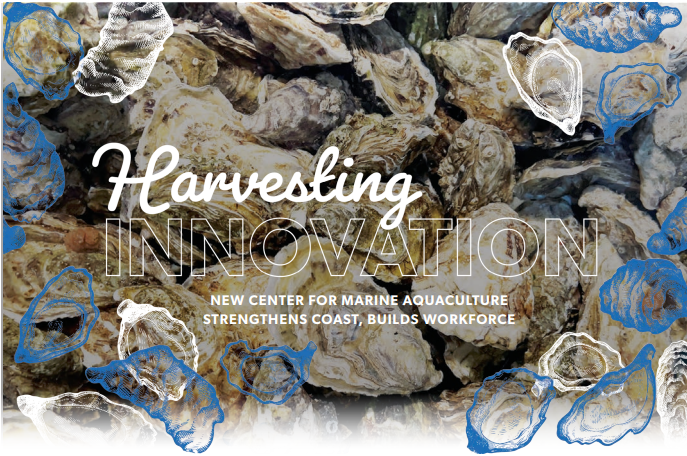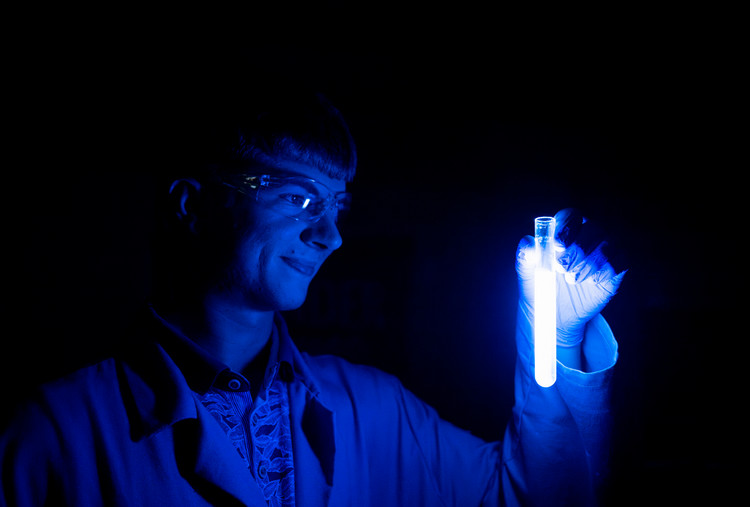Students Show STEM Passion at Regional Science Olympiad
CORPUS CHRISTI, Texas – “Science Olympiad is not about who gets the ‘A,’” said Dr. Judy Metcalf, professional assistant professor in the department of life sciences. “It’s about pushing students past the idea of thinking of themselves as just middle school or high school kids. It helps them see themselves in the role of a college student.”
More than 250 students dressed in lab coats, donned with safety goggles, or armed with a pen went head-to-head during the 10th Annual Corpus Christi Regional Science Olympiad hosted by the Texas A&M University-Corpus Christi College of Science and Engineering and sponsored by Flint Hills Resources.
“STEM is what makes the future possible and it’s changing all the time,” Metcalf said. “As a university, we have to recruit the best students that we can find. Students who are excited about STEM make our program stronger. It’s extremely important [to] bring students in from all over the state and help them foster that understanding.”
The highly interactive event showcased a variety of Science, Technology, Engineering, and Mathematics (STEM) skills like technical writing or design and prototyping. Teams of students from K-12 trained year-round to compete in college-level tournaments ranging from Disease Detectives and Battery Buggy, to Dynamic Planet and Designer Genes.
In the Battery Buggy tournament, students designed and built an electric vehicle using store-bought materials and commercially available batteries. During the competition, the vehicle had to travel a specified distance and stop as close as possible to the target point.
The event spanned across campus and had approximately 175 student and faculty volunteers. Each tournament was managed by a faculty member or an Islander student organization like Alpha Epsilon Delta, the American Medical Student Association, Beta Beta Beta, or the Chemistry Club.
The Corpus Christi Regional Science Olympiad is part of the Science Olympiad, a nonprofit organization developed to improve the quality of science education, increase student interest in science, and provide recognition of outstanding achievement in science education by both students and teachers.



























































































